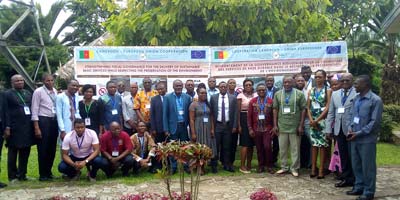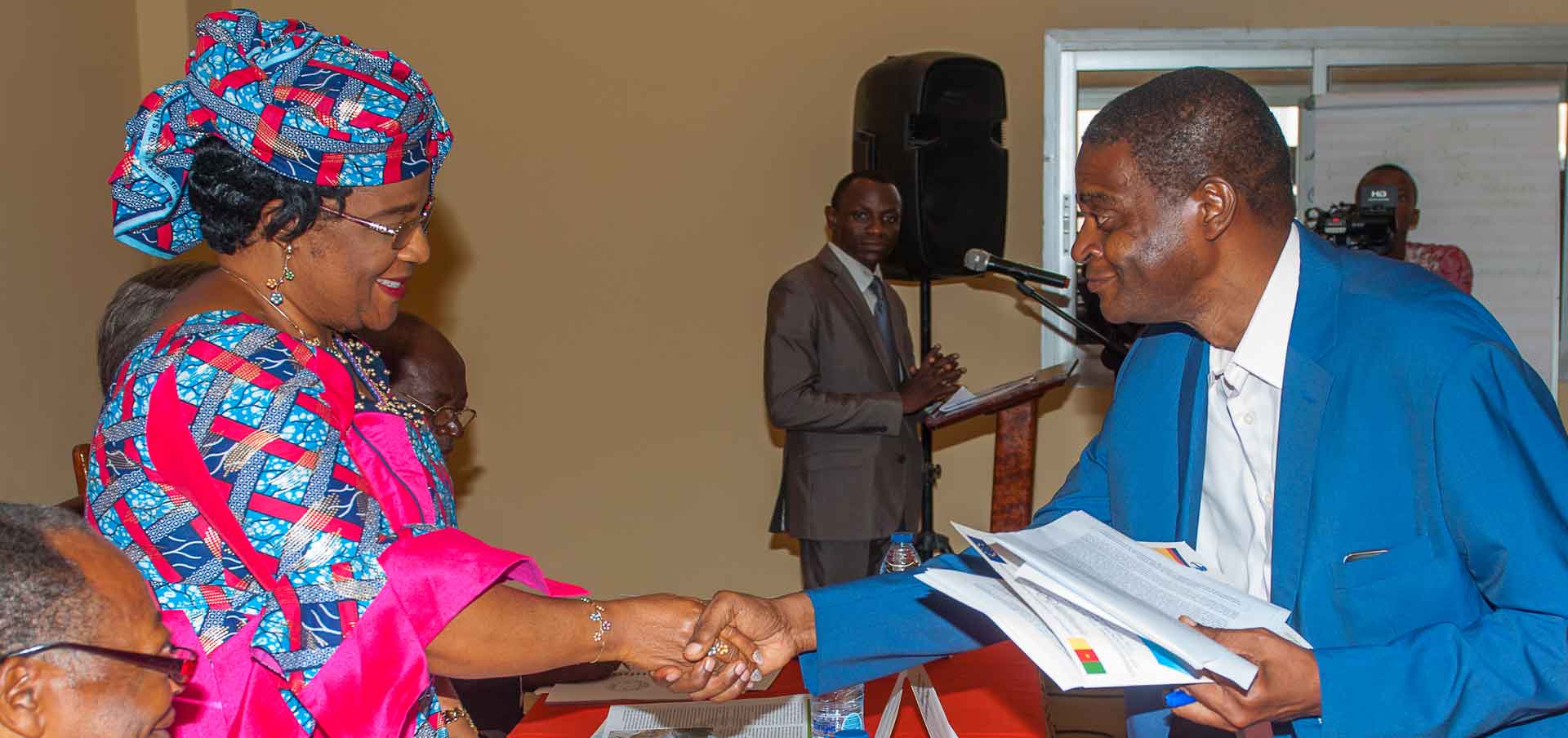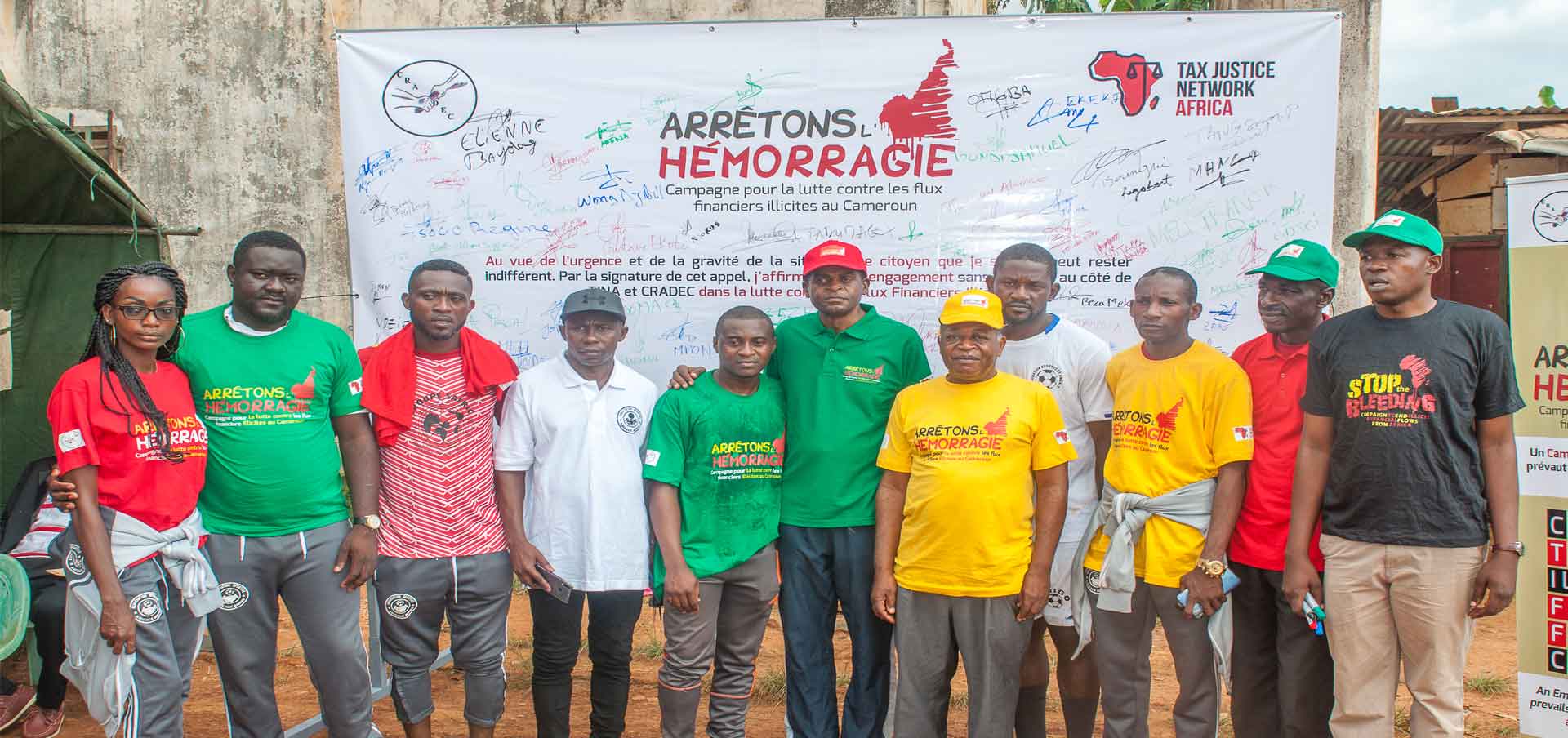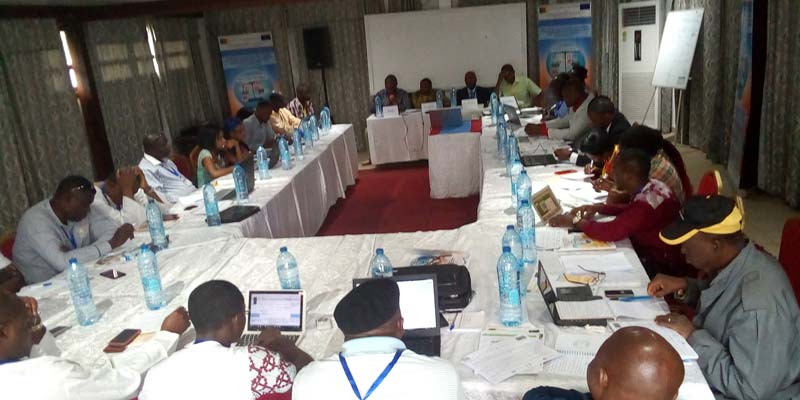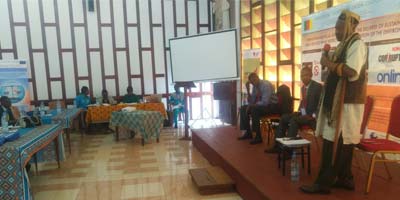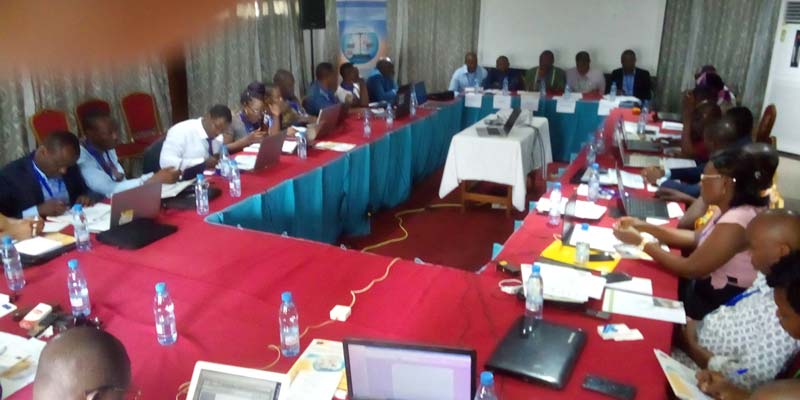Cameroon, Africa in miniature, rich in natural resources, has a poverty rate of nearly 37.5% (2014, World Bank). In 2017, indirect taxes alone accounted for more than 70% of the revenue collected by the Directorate General of Taxes. 40.9% for VAT, 10.4% excise duties, 6.8% for the TSPP 5.7% registration and stamp duties and also 3.5% for the TSR. So 30% is generated by direct tax. This means that Cameroonians, who are mostly poor, pay taxes disproportionately according to their ability.
The portion of the VAT, which is a tax on consumption, hits the low incomes, essentially devoted to the consumption of basic necessities, of poor households. According to an analysis by the non-governmental organization Tax Justice Network, Cameroon loses an estimated amount of tax resources of at least $140 million (78 billion FCFA) each year. This is more than enough to multiply by 5 the combined annual budgets of the Ministry of Social Affairs, as well as that of the Promotion of Women and the Family, for example.
The evaluation of fiscal policies is not limited to evaluating the way they are designed, but must also focus on the real impact of tax systems on individuals and society. Any analysis of the distributional and social impacts of tax systems should focus on identifying the factors and policies that influence gender inequalities in decision-making power, access to resources and control over the latter, of the roles and responsibilities of households, markets, states and organizations.
The Fair Tax Monitor (FTM) project designed as an instrument to measure the level of tax justice or tax fairness index, is a tool developed by Oxfam and Tax Justice Network Africa (TJNA) in collaboration with partners to provide reliable evidence on national tax regimes for the advocacy and lobbying work of local partners.
Since 2015, the Tax Justice Network-Africa, known as Tax Justice Network Africa (TJNA), in collaboration with civil society organizations (CSOs), has been working to support the African Parliamentarians Network on Illicit Financial Flows and Taxation (APNIFFT), with the presence of 04 Cameroonian parliamentarians (2 senators and 2 deputies) in September 2021, in Dakar during the annual meeting of the Network of African Parliamentarians on Illicit Financial Flows and Taxation (APNIFFT ). In addition, this process was extended within the framework of the Pan-African-Country Conference on the theme “Combating IFFs to close the growing inequality gap in Africa” in October 2021.
Also, Tax Justice Network (TJN), another technical partner of CRADEC, set up on May 17 a tool, Financial Secrecy Index, to understand global financial secrecy, tax havens or secret jurisdictions, as well as illicit financial flows or capital flight. The said tool ranks jurisdictions according to their degree of shading in their offshore financial activities.
In a context marked by multifaceted crises, the estimates of IFF losses challenge the public authorities to materialize the political commitment of the special declaration of the Assembly of African Heads of State and Government for the fight against Illicit Financial Flows , of January 2015, in Addis Ababa on the one hand and on the other hand at the dawn of the presentation of the interim report of the FACTI Panel (Financial Accountability, Transparency International), on September 24, 2020, which identifies the main shortcomings in and systemic implementation of existing international frameworks for tax cooperation, anti-corruption and anti-money laundering.
This is how the ADIN Consortium, AfroLeadership, CRADEC, Dynamique Mondiale des Jeunes (DMJ) and Transparency International-Cameroon with the support of Tax Justice Network (TJN) and Tax Justice Network Africa (TJNA) on the other hand; under the actions "Strengthening of Tax Justice" financed by the Norwegian Development Agency (NORAD) and "Strengthening of budgetary governance for the provision of sustainable basic services while respecting the preservation of the environment" financed by the European Union, provides an opportunity for capacity building and commitment of parliamentarians, CSOs and media on the analysis of the international tax system and the monitoring of tax equity in Cameroon, alongside the administrations in charge from 25 to 27 May 2022 at the FRAMOTEL Hotel in Kribi.




